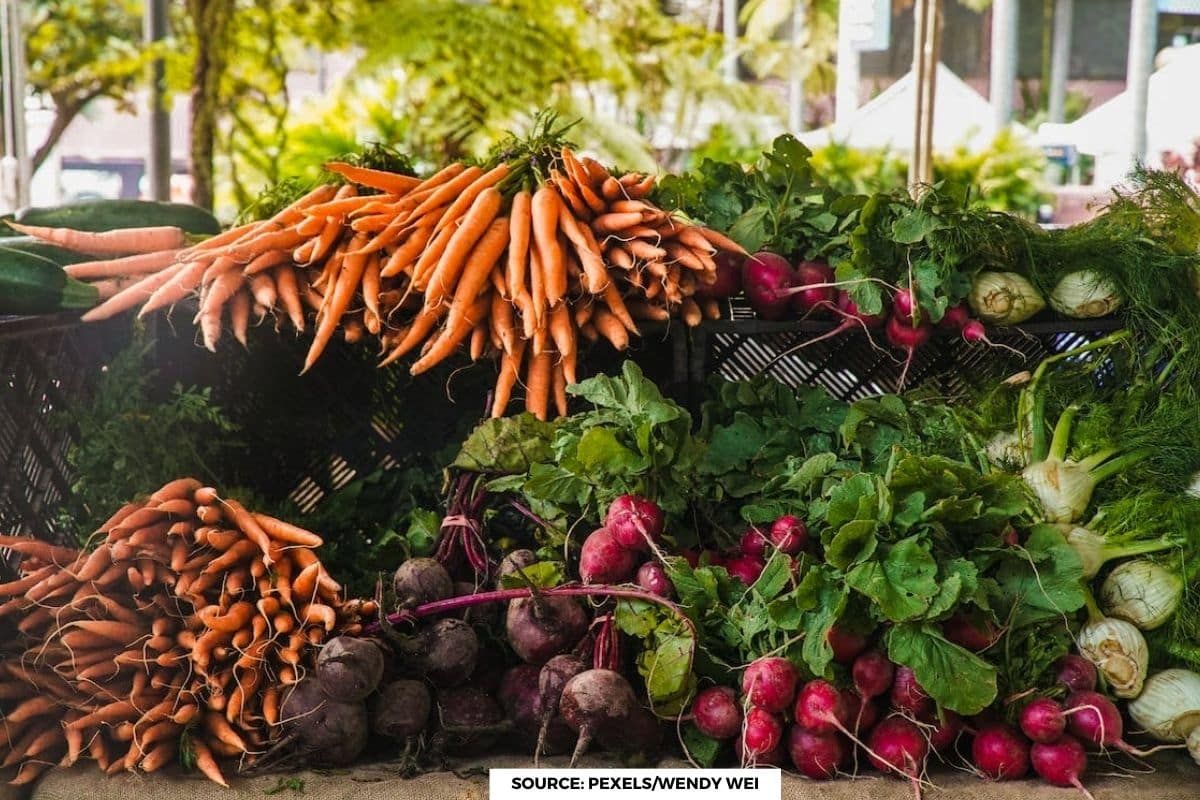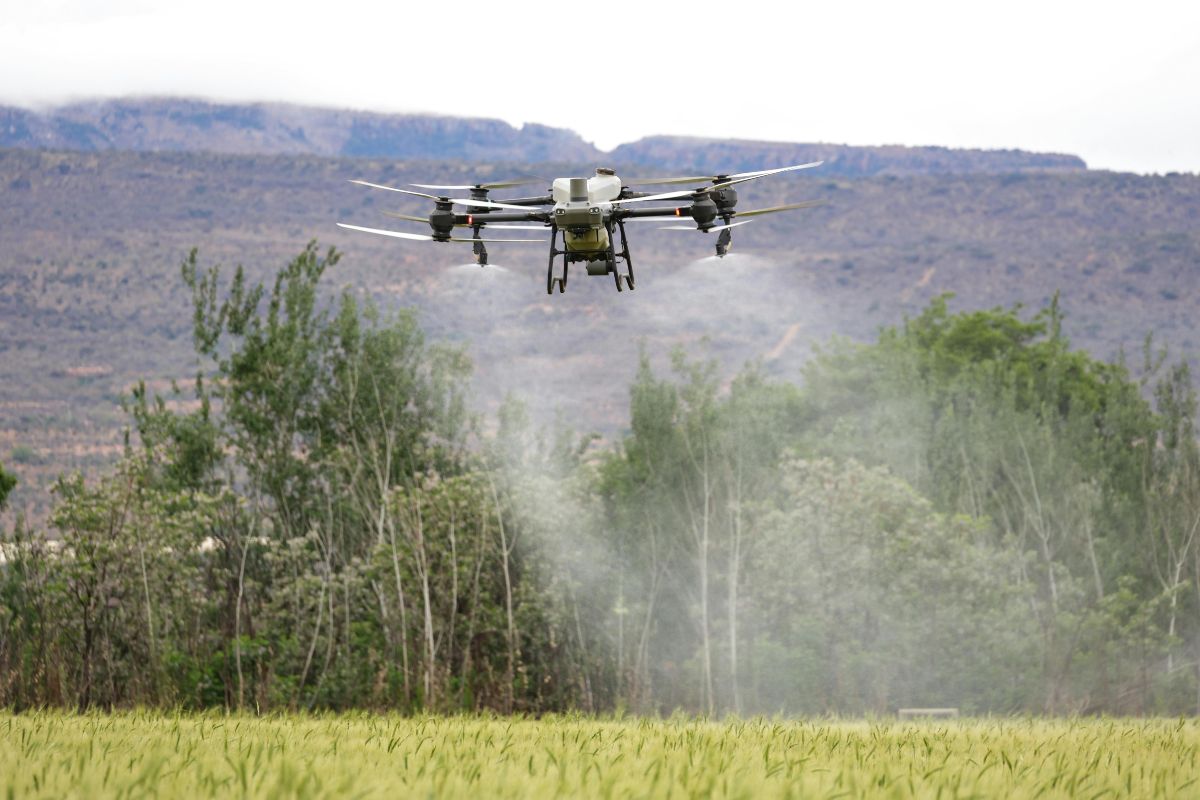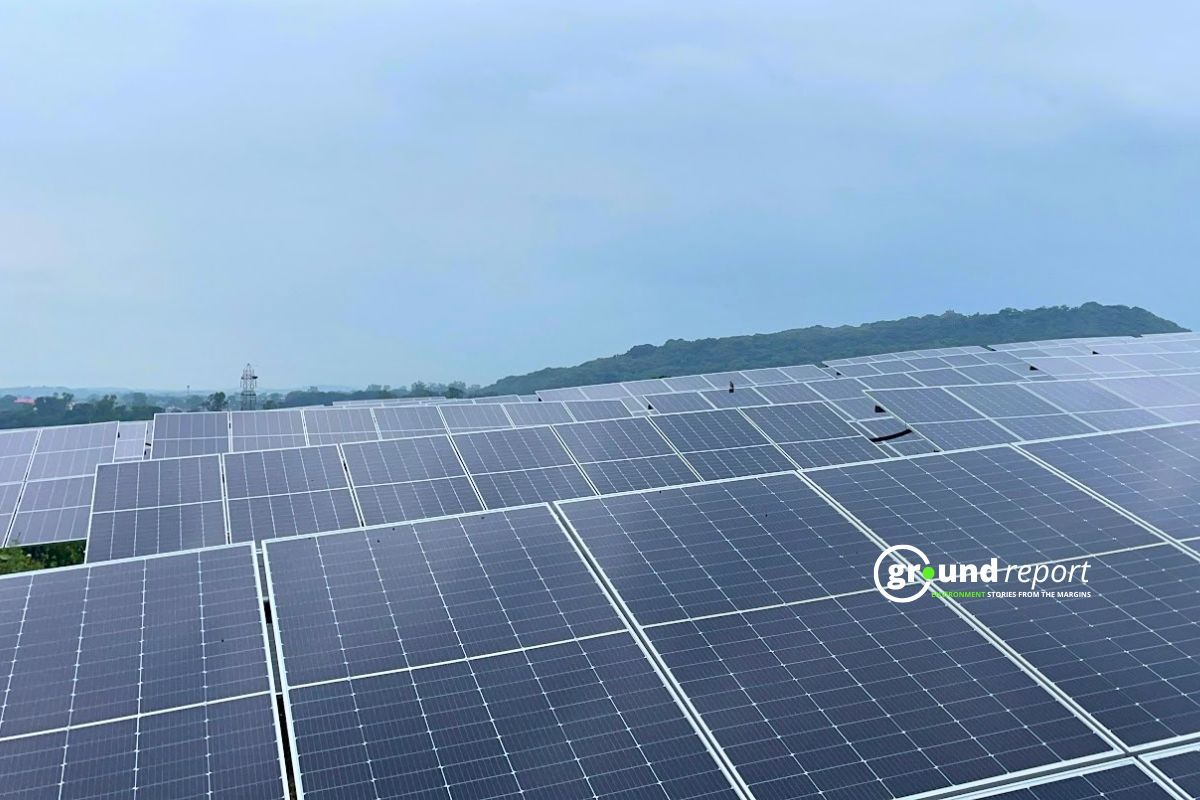A recent report by the Karnataka State Pollution Control Board (KSPCB) has raised concerns over the presence of heavy metals in vegetables sold in Bengaluru’s markets. The concentration of heavy metals in vegetables in Bengaluru has increased due to the use of wastewater for growing vegetables. Researchers from EMPRI tested 400 samples of 10 vegetables and found contamination above the permissible limits set by the Food and Agriculture Organisation (FAO).
The report, released on November 19, 2023, revealed that out of 320 samples analyzed, 120 exceeded the permissible limits set by the United Nations Food and Agriculture Organization / World Health Organization (FAO/WHO) for concentrations of chromium, lead, and cadmium.
The vegetables tested were, Brinjal, Tomato, Capsicum, Beans, Carrot, Green chilly, Onion, Potato, Spinach, Coriander. Some farmers use sewage water or contaminated lake/river water to grow vegetables to reduce the harvest and transportation time. Most leafy greens are grown in and around the lake beds situated in Hosur, Hoskote, and Kengeri, where the industrial effluent contamination is high.
The growth rate of Bangalore city in the past two decades increased geometrically and industrialization was very rapid. This led to generation of both industrial effluents and domestic sewage containing several heavy metals and other pollutants.
Bengaluru Vegetable Markets Metal Study
The study, titled “Study of Heavy Metal Concentrations in Vegetables obtained from Markets of Bengaluru City,” was conceptualized by the Environmental Management and Policy Research Institute (EMPRI). It aimed to estimate the concentration of heavy metals in vegetables.
Samples were collected randomly in duplicates from five different types of markets, including Retail Markets, Local Markets, Organic Stores, and Horticultural Producers’ Cooperative Marketing and Processing Society (HOPCOMS).
Ten types of vegetables, namely Brinjal, Tomato, Capsicum, Bean, Carrot, Green Chilly, Onion, Potato, Spinach, and Coriander, were collected only once and analyzed for eight metals: Iron (Fe), Zinc (Zn), Chromium (Cr), Manganese (Mn), Lead (Pb), Copper (Cu), Nickel (Ni), and Cadmium (Cd). The results were compared with the FAO/WHO standards for maximum permissible values of metals in vegetables.
The findings of the report highlighted the presence of heavy metals in vegetables. Among 320 samples analyzed, 200 samples were found to be within the permissible limits pertaining to the concentrations of Fe, Zn, Mn, Cu, and Ni.
However, the concentrations of Cr, Pb, and Cd exceeded the permissible limits of FAO/WHO. Interestingly, the concentrations of lead and cadmium were below detectable limits in vegetables from retail markets and organic stores.
Heavy metals in Bengaluru vegetables
Researchers from the Environment Management and Policy Research Institute (EMPRI) gathered 400 samples from 20 stores throughout Bengaluru, which included five high-end supermarkets, five local markets, “organic stores”, and Hopcoms.
They examined samples of 10 vegetables – brinjal, tomato, capsicum, bean, carrot, green chilly, onion, potato, spinach, and coriander – to analyze the presence of heavy metals.
The findings revealed that the iron concentration in several samples significantly exceeded the maximum permissible limit of 425.5 mg/kg. For instance, beans from renowned organic shops had an iron concentration of 810.20 mg/kg, coriander had 945.70 mg/kg, and spinach had 554.58 mg/kg. Even among the vegetables from Hopcoms, onions had a high iron concentration of 592.18 mg/kg.
The study also found that heavy metals exceeded permissible limits in most of the sampled vegetables, regardless of whether they were from supermarkets or small retail outlets. The FAO sets 0.2 mg/kg as the maximum limit for cadmium. However, brinjal bought from a supermarket in BTM Layout had a cadmium concentration of 52.30 mg/kg. Similarly, coriander had 53.30 mg/kg of cadmium, spinach had 53.50 mg/kg, and carrot had 54.60 mg/kg.
The report’s findings were reported in the media without taking permission from the competent authority, as such reports are subjected to review/validation by subject experts before their disclosure to media. The project encompassed a preliminary study for the indication of heavy metal presence in select vegetable samples involving one-time sampling in one season.
Call for Stricter Food Safety
It is opined that a larger sample size covering all seasons with a control sample would be statistically significant and also indicate the reliability of concentrations of heavy metals. The report review/validation is currently under process by subject experts.
The KSPCB has informed the National Green Tribunal (NGT) that to understand the extent of contamination in vegetables from selected stores/markets of Bengaluru, a more comprehensive and in-depth investigation/study involving its sources, soil, water, agri-inputs, and diverse farming practices would be necessary. This would involve the Food Safety Standard Authority of India (FSSAI) at the state level.
The report serves as a wake-up call for the need for more stringent monitoring and regulation of food safety standards. It underscores the urgent need for a comprehensive and in-depth investigation into the sources of contamination and the implementation of effective mitigation measures. As consumers, it is crucial to be aware of the potential risks associated with the food we consume and demand transparency and accountability from the authorities responsible for ensuring food safety.
Keep Reading
- More Efforts Than Currently Needed To Limit Warming To 2.5-2.9°C
- Global Temperature Spikes Above 2°C For First Time, Scientists Warn Of Climate Risks
- Countries Set To Triple Renewable Energy Capacity: Ember Analysis
- Greenfield Port At Vadhavan Dahanu, Controversy Explained
Follow Ground Report for Climate Change and Under-Reported issues in India. Connect with us on Facebook, Twitter, Koo App, Instagram, Whatsapp and YouTube. Write us on GReport2018@gmail.com.






